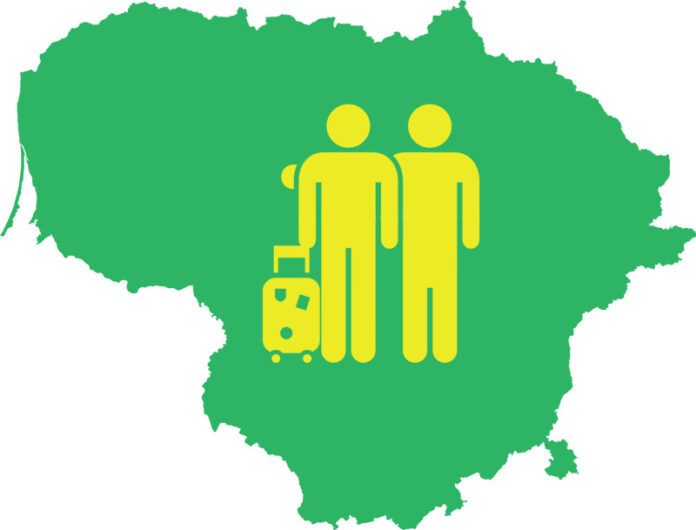
Lithuanians returning
For the second year in a row, there were more Lithuanian citizens returning to their country that leaving it. According to the Statistics Dept., in 2021 more than 23,700 Lithuanians returned, while 18,800 left the country. The increase in numbers returning began in 2020. In 2017 there were 45,000 who left, with only 10,000 returning.
The majority of returnees in 2021 came from the United Kingdom, Norway, Germany, and Ireland, with most settling in the Vilnius area, where 5,600 came back, while 4,300 had left.
According to the International Organization for Migration – IOM) Vilnius Office, there are several reasons emigrants may return. Lithuania is highly regarded in the European Union and abroad for its public infrastructure, social services, health care and. Over 60 percent of returning Lithuanians choose to resettle in various regions of Lithuania, where services such a kindergardens and schools are close to home.
Studies show that residents value higher education, and Lithuania is a leader in the EU with the number of citizens having university and post-graduate education. Last year the number reached 57.6 percent among 30 to 34-year-olds, and the EU average was 40 percent.
The most important factor motivating emigrants to return may be the proximity to family and friends. Last year’s research shows that 76 percent of Lithuanians living abroad would like to come back for that reason. Emigrants miss the opportunity to speak freely in their native language, and wish to maintain the same family traditions. Many return so their children may not forget the language and can socialize with their relatives.
Many emigrants return due to financial considerations. Although real estate prices increased by 19 percent in 2021, the feasibility of acquiring property remains one of the highest in Europe. Young families may also take advantange of government subsidies of 15 to 30 percent for first-time buyers.
Employment and business opportunities have also grown in Lithuania. The average wage is one of the fastest to increase in the ES, at 8 percent per year for the fourth year in a row. In 2021 it rose nearly 10 percent. The difference between the cost of living there and in Western Europe is decreasing, according to the IOM.
With international companies coming to do business in Lithuania, there have been improvements in workplace environments and employer-employee relations, as well as greater satisfaction with leadership, compensation and opportunities for training.
Last year alone the website “Choose Lithuania” (Renkuosi Lietuvą) received over 12,000 inquiries and over a million visitors asking about returning to live in Lithuania. According to bureau chief E. Bingelis, many emigrants are surprised to learn how much the country has changed over 5-10 years. The Choose Lithuania team provides free consultations about the process of returning to live there, including taxes, education and other issues. Alkas.lt



























